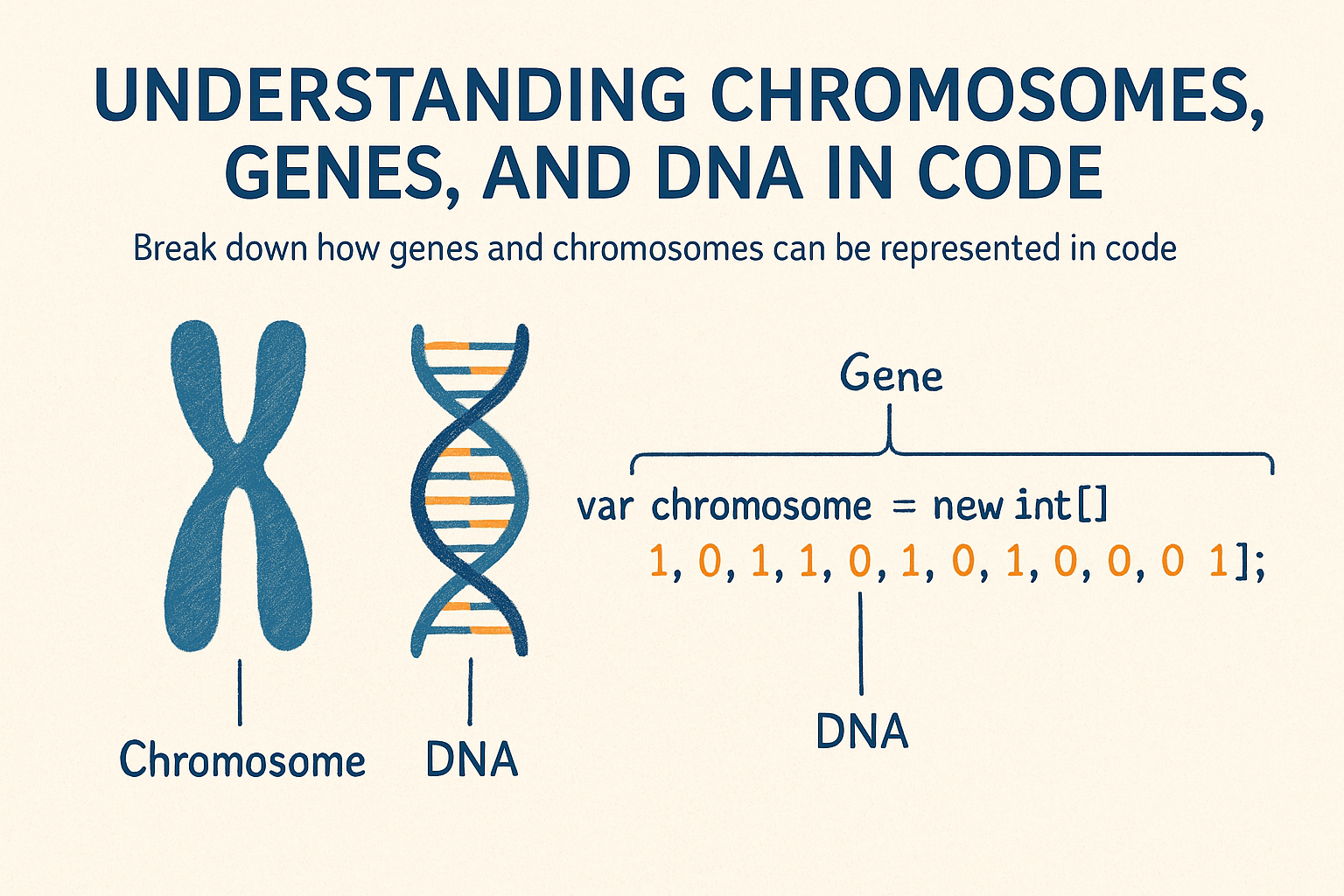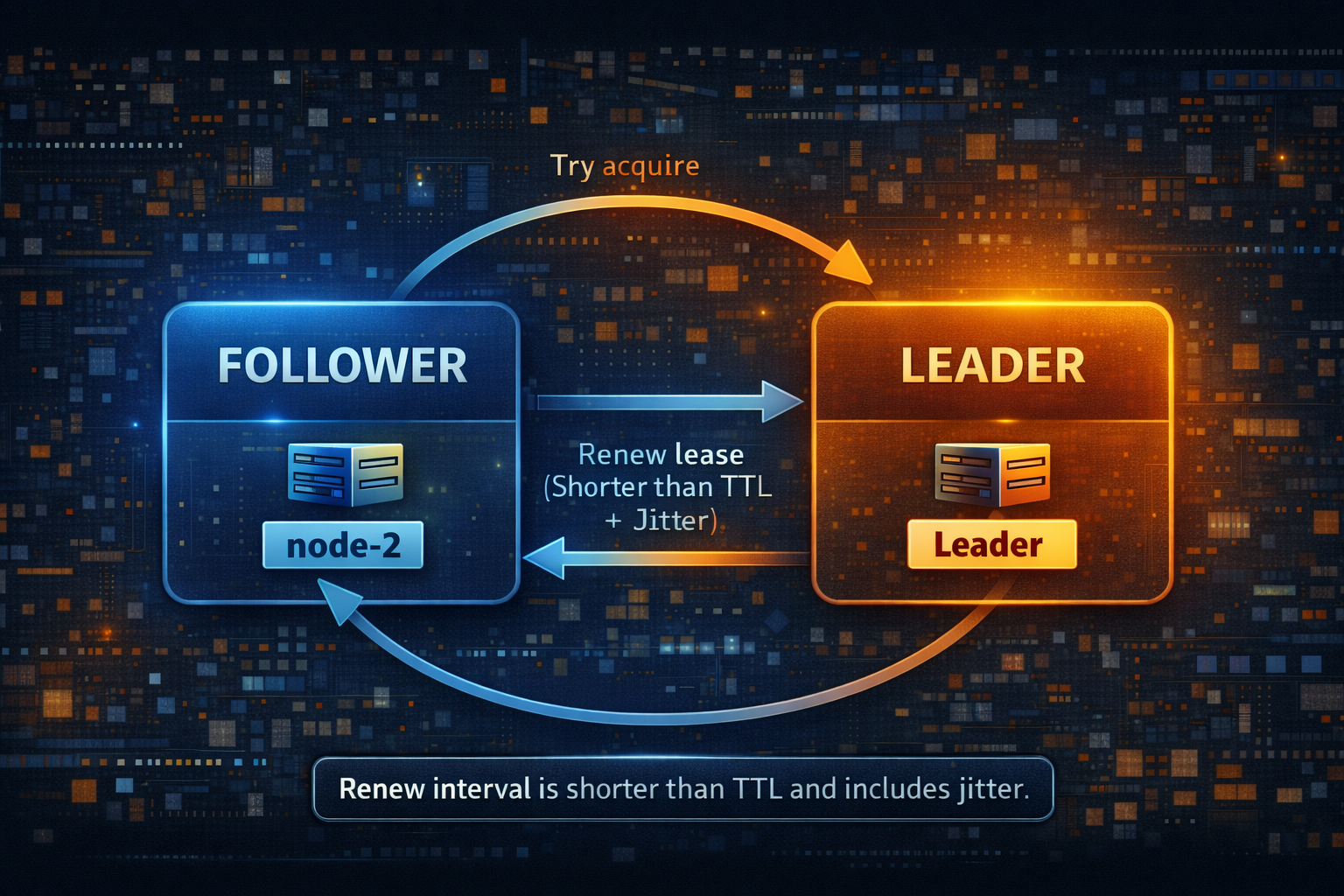
Why Every C# Developer Should Explore Rust
- Chris Woodruff
- January 17, 2025
- Rust
- .NET, C#, programming, rust
- 10 Comments
Posts in this Series on Rust for C# Developers
- Part 1: Why Every C# Developer Should Explore Rust
- Part 2: Exploring Programming Paradigms: C# and Rust Side by Side
- Part 3: Syntax Smackdown: Comparing Constructs in C# and Rust
- Part 4: Memory Wars: Garbage Collection in C# vs. Ownership in Rust
- Part 5: Threads, Tasks, and Ownership: C# and Rust Concurrency Explored
- Part 6: Building with .NET and Rust: A Tale of Two Ecosystems
- Part 7: Level Up Your Skills: Learning Rust as a C# Dev
- Part 8: Rust’s Superpower: Speed Meets Smarts
Hey there, C# developers! If you’re reading this, you’re probably curious about Rust, that trendy programming language everyone’s been talking about. Maybe you’ve heard whispers of “memory safety” or “no garbage collector” and wondered, “What’s the big deal? Can’t I stick with my trusty .NET stack?” Well, let’s dive in and explore why you, a C# maestro, might want to take a detour into Rust-land.
Why Rust?
Rust is like that indie band you didn’t know you needed in your playlist. It’s powerful, efficient, and has some fresh takes on how programming should be done. While C# has been your reliable rock band—solid, polished, and dependable—Rust comes in with a new vibe, ready to shake things up. Here’s why you should pay attention:
- Performance Boost: Rust is designed for speed. Unlike C#, which relies on a garbage collector to manage memory, Rust uses an ownership model. That means your code can run faster and use less memory—great for systems programming, game development, or handling massive data crunching.
- Memory Safety Without Runtime Overhead: Rust prevents common bugs like null pointer dereferencing and buffer overflows at compile time. Think of it as having a super strict code review buddy who never lets anything unsafe through.
- Growing Ecosystem: Rust is making waves in areas like WebAssembly, embedded systems, and cloud computing. The community’s passionate, and the tooling keeps getting better. Crates.io (Rust’s package registry) is overflowing with goodies to make your life easier.
But I Love C#!
I get it—C# is fantastic. Its integration with the .NET ecosystem, the power of LINQ, and the elegance of async/await make it a fantastic choice for web apps, Windows apps, and more. But no language is perfect for every use case. Here are some areas where Rust can complement your C# expertise:
- Systems-Level Programming: Need to write code that interacts directly with hardware or the OS? Rust’s low-level capabilities make it a go-to choice for building operating systems, embedded systems, or high-performance networking tools.
- WebAssembly: Rust is a superstar in the WebAssembly space, letting you build blazing-fast web apps. Imagine combining your ASP.NET Core backend with a Rust-powered WebAssembly frontend. That’s a power couple!
- Concurrency Done Right: Rust’s ownership model ensures that your concurrent code is safe and free of data races. While C# offers tools like locks and tasks, Rust’s compile-time guarantees take it to the next level.
The Learning Curve
Let’s be honest: Rust isn’t the most straightforward language to pick up. Its strict compiler can feel like a harsh teacher at first. But think back to when you first tackled async/await in C#. It was a bit of a brain teaser, right? Now, it’s second nature. Rust’s ownership model and borrowing rules are similar—challenging at first but immensely rewarding once you get the hang of them.
Where to Start
Ready to dip your toes in? Here are a few ways to begin your Rust adventure:
- Start with the Basics: Head to The Rust Book, the ultimate beginner’s guide.
- Try Rust for Web Dev: Check out frameworks like Actix or Rocket to see how Rust handles web apps.
- Port a Small Project: Take a simple C# project and try rebuilding it in Rust. You’ll learn a ton!
- Join the Community: The Rustaceans (yep, that’s what Rust devs call themselves) are super welcoming. Hop into forums, Discords, or even on social media to connect with others.
Final Thoughts
Rust isn’t here to replace C#. It’s here to complement it. As a developer, expanding your toolbox with languages like Rust can open up new opportunities and make you a more versatile problem solver. So, why not give it a shot? Who knows—you might just fall in love with its quirky charm and no-nonsense approach to programming.
Now, go forth and Rust-ify your world, one line of code at a time. Happy coding!







Keri Corscaria
I’ll try Rust when it gets a C-like syntax, instead of a BCPL-like syntax.
Duško Pavićević
Awesome article, short and concise. This is developer to developers talk at its highest. It really made me into digging into Rust. Thank you Chris.
John
I am a long time (25 year) c# dev and recently I found the need to integrate with LiveKit media server. When I looked around I only found a Unity library built in RUST and so I transformed the Unity code into a C# class library that interfaced with the existing RUST library. When I started playing with it I realized that audio frame processing while super fast I ran into loss of frames when inbound and outbound audio streams ran through the same static RUST interface so I converted the RUST library to be instance based and then utilized the actor model in DAPR using C# to separate input and output channels, each with their own RUST integration….. this worked amazingly well.
In livekit it supports Audio, Video as well as a data stream with the concept of Rooms where multiple clients connect to the room, each able to stream in out audio, video and or data.
While it took me some time to get this working it was a very enlightened experience. I was blown away by how fast RUST ran… it’s fast and AI helped me quite a lot to learn RUST. It’s different than C# for sure but it’s easy to PInvoke in and out of RUST and the performance is amazing.
Brendon
Hey Chris – would you honestly suggest rust for front end web assembly? It can be made to work and is significantly faster than Blazor/ Maui , but the experience isn’t great – the tooling and frameworks are about 90% of where they should be – okay for simple stuff, but if it’s simple, C# is an order of magnitude easier for the engineer to write …
X1
Rust is inmature wet dream of some morons.
Jay Y
I’ve used C# for almost 20 years and Rust for the last 3 years. One thing is very certain – Rust has a long way to go.
This is a nice comparison against top-level C#, but once you start dipping (literally toe deep) into Blazor / Maui and AOT compilation in C#, Rust is left for dust.
I hate to be the one to point this out but a lot of the misconceptions seem to stem from opinions that are from around the .NET 2.x era. E.g. the GC, interpreted Vs compiled, rtc.
Things have moved very far along since in the C# world, to the stage that in many cases, the natively compiler AOT code performs better than the equivalent written in C++, simply due to the lack of having to wade through huge amounts of syntax bloat to get a basic app going.
Again, Rust is definitely on the right path to kill off C++, but when it comes to balancing ease of use, cross-platform, performance and even tooling, Rust has a very long way to go VS C#
Michael J. Ryan
I’ve been using C# since the beta command like computer abd initial SDK/runtime. There are a lot of things I like and dislike about it.
What I like about rust is that I can get an unoptimized web application in a less than 8mb single executable that has a fraction of the memory overhead and a lot more throughout than a typical C# web app.
Let alone the difference between a Blazor wasm target and a Leptos client app.
C# can be good enough a lot of the time. That said, Axum for web services isn’t really harder than C# for most use cases in that space. I’d you’re using something like Lambda the child start difference alone can make or break your apps.
Cali LaFollett
I’ve jumped on the Rust bandwagon after having worked with .NET since Beta 2 many years ago. Great series idea and I’m looking forward to reading it!
Ruben
Loving this series of articles you are posting. Thank you for taking the time and effort to write them clearly and concisely.